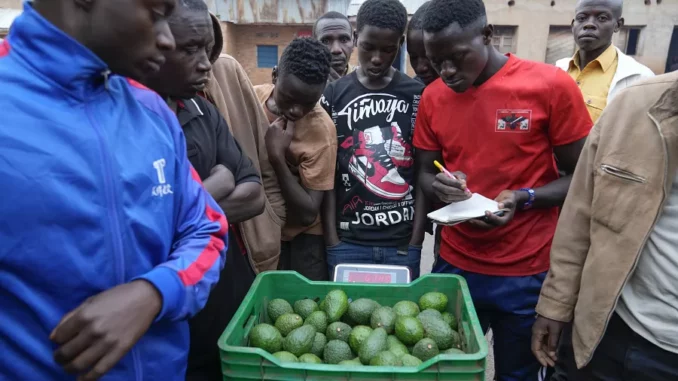
Burundi’s avocado farmers have transformed their industry through collective action and government support. Previously earning a mere 10 cents per kilogram, farmers now receive about 70 cents, a significant increase in one of the world’s poorest countries. This change is largely due to the intervention of farmers’ cooperatives and the national government, which have set terms for foreign avocado dealers.
Cooperatives like Green Gold Burundi, representing 200,000 farmers, act as intermediaries to prevent exploitation. Payments in U.S. currency now go directly into cooperative bank accounts, which then pay members promptly. The government has implemented new regulations requiring foreign dealers to register and submit supply contracts, aiming to export over 10 million tonnes of avocados annually by 2030.
Burundi is promoting widespread cultivation of exportable avocado varieties, particularly Hass, favored in European markets. The government’s target is to plant 50,000 avocado trees in each of the country’s 17 provinces. For many rural farmers, avocados have become a surprisingly reliable income source.
Despite progress, challenges remain. The current price farmers receive is still considerably lower than international market rates. However, the cooperative model and government involvement are seen as crucial steps towards regulating exports and improving farmers’ livelihoods. This shift in the avocado trade represents a potential avenue for economic growth in a country heavily reliant on agriculture.
